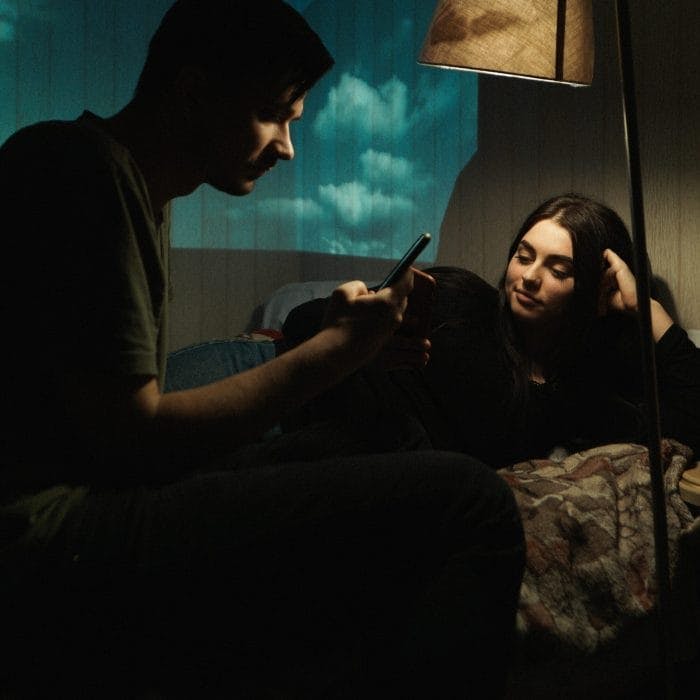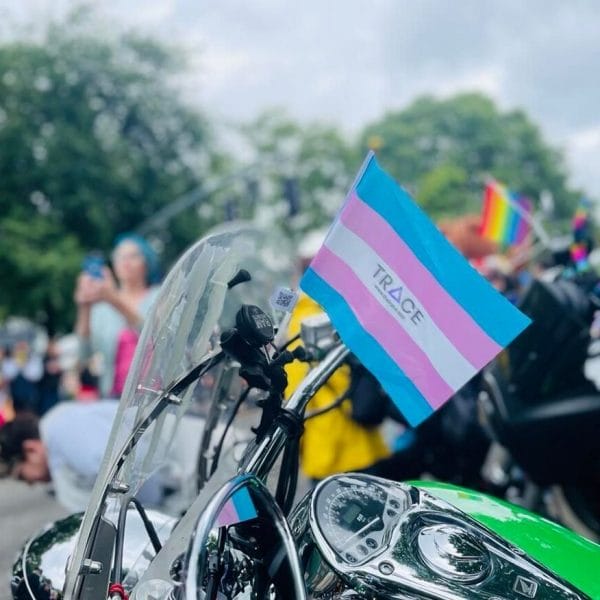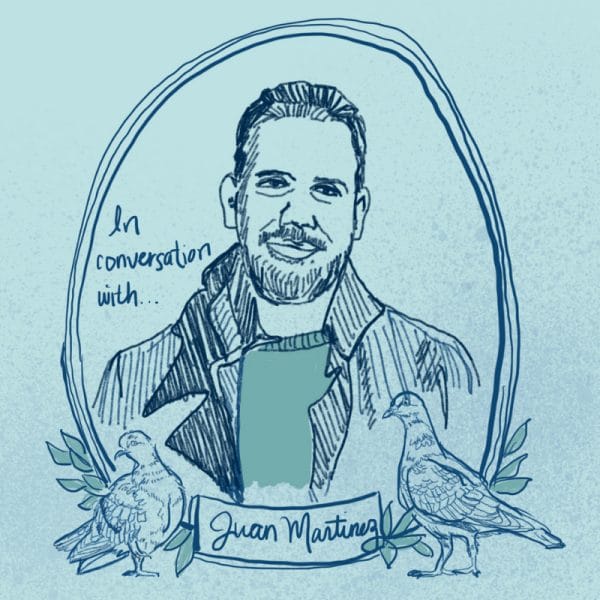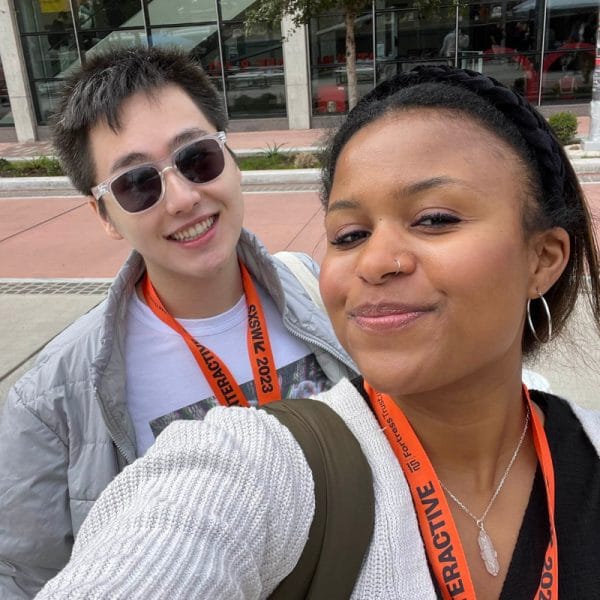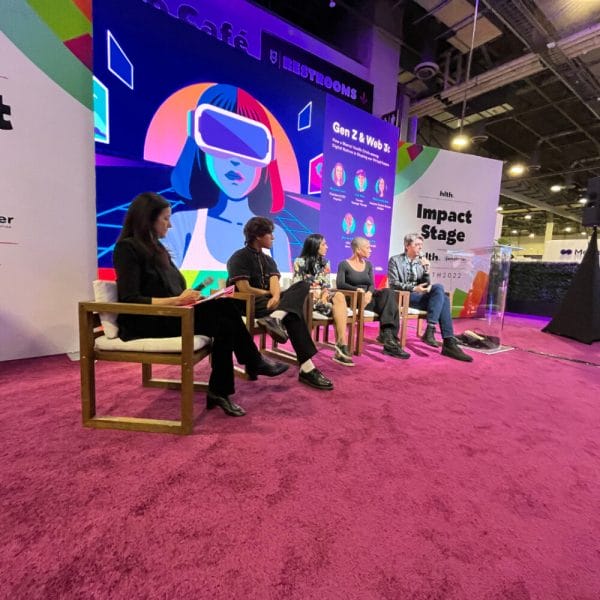My bedtime routine is not one I am super proud of. Well, let me rephrase that- I don’t have a bedtime routine at all. Once I finally get the lights and TV off, I turn to my smaller screen to peer into the lives of my friends. People say that you shouldn’t look at an electronic screen 30 minutes before you go to bed- and I know that’s probably true, but do it anyway. I mean how can you blame me? Everyone is addicted to Instagram- or at least my group of friends are. And if not Instagram, then Twitter, and if not Twitter then, Snapchat. But sue me- I love looking at life in pictures, is that so wrong? An app that has grown incredibly over time, has now has become a multifaceted tool for escape, exploration, and admiration.
I scroll through my feed. I have post notification settings turned on for certain accounts- like my BFFS from college, and like Vogue- and my thumbs natural reaction is a double tap. I see pictures of beautiful landscapes- one of Malaysia from my favorite artist SZA, a meme- it makes me laugh, next my best friend- slyfully side eyeing the camera in an outfit I want to be wearing even though I’m cemented to my bed. I tap to see the details, where each item is tagged, where I could potentially purchase. She has a discount code in the caption- she’s a blogger with 16.7K followers, so they must have sent her these clothes for free. #jealous
Hopelab co-sponsored a survey with Well Being Trust about teens and young adults and their social media habits in relationship with symptoms of anxiety and depression. When I first started out on social media, the whole concept was pretty “new.” When I say new, I mean that social media had been around, but it was just starting to get fancy. My first real memory of using a social media platform was Instagram- before it was a feed, and when you used it to put a fun filter on your pictures and that was it. Fast forward ten years, and now we have influencers that carry equal if not more celebrity that some actual celebrities. The survey reports key findings in terms of how teens and young adults use digital resources to access health information, social media habits, and our mental health in relation to social media usage. Wildly riveting, the report sheds a much needed light on media usage in teens- in which it turns out, could be responsible for ushering healthcare systems in to a new era of digital health.
Full disclosure, when I started to read the survey I thought that I was a Millennial. Technically this could be true, because us ‘95 babies were born right on the cusp of Millennial (also known as Gen. Y) But after diving deeper into the factoids and statistics about Generation Z, their behaviors and their tendencies I realize I am a little bit of both. People complain about Gen Z, but the reality is this generation will outnumber millennials within the next few years. According to Bloomberg, Gen Z will compromise 32% of the global population by 2019. Not only that but Bloomberg reports that Gen Z is anticipated to be happier then their millennial counterparts.
According to the research team that conducted the national survey1, Gen Z has the highest recorded loneliness out of any generation, and many pair this back to the high usage of social media. Which is easy to assume when this survey also reports that 93% of teens and young adults are on social media, not to mention that 81% are on their social platforms on a daily basis. I am apart of that statistic- not to mention my job is rooted in social media. One of the key findings of the survey- “young people who report symptoms of depression are using digital tools to learn about and help address their problems”, alongside “for young people with moderate to severe depressive symptoms social media may be more important that for youth without depressive symptoms when it comes to feeling less alone, finding inspiration and providing a venue for creating self-expression”. It may be surprising, but it makes sense. Generation Z was basically born with a smartphone in our hand. We are extremely used to, if not accustomed to having access to information at all times by simply pulling out our iPhones or Androids. Nearly 9 out of 10 teens and young adults say they have gone online for health information, at least 64% of surveyed teens say they use mobile apps related to health, and 61% say they have read, listened to or watched other people share their health experience online. As a Gen Z-er, when I look at my phone, I have at least three health-related apps on the front screen. The amount of times I have used Google to self-diagnosis myself is formidably embarrassing. Those are the statistics, the reality is teens are leveraging the tech-savvy lives to find the health information they need to feel more secure in their personal health. This window grows even stronger when we look at teens and young adults that have moderate to severe depressive symptoms. Teens and young adults struggling with depression actually prefer talking to people through social media channels.
We know that young people are on social media and using it to research health information. But they are also using media to be just that- social. Not only did this survey collect enormous amounts of quantitative data, it also curated a myriad of write-in responses from teens about their social media use. Young people actively curate their social media and practice self-regulation in order to maximize the positive effects and minimize effects. So all Gen Z-er’s aren’t phone zombies. Social media use is different from person to person, but 30% of young people with moderate to severe depressive symptoms say using social media when they feel depressed, stressed, or anxious. But others with those symptoms (22%) also mentioned that social media has the opposite effect on them when they are experiencing anxiety, stress, or depression. Interestingly enough, teens and young adults know how to “self-regulated their social media use during those times that they are feeling those negative feelings.” One teen comments- “Usually friends post happy things- getting together with others, accomplishments, bragging. I don’t always want to see it when I’m feeling down about myself so I stay off social media”- I feel you girl. Others use social media to distract them from those feelings noting- “ Social media makes me laugh and keeps me distracted so that I have time to breath and collect myself.” From a personal standpoint and fellow Gen Z-er, I think that part of having a social media account is having the accountability to know when and when not to use it. I deeply empathize with the fact social media can make us feel like absolute crap. When I graduated last Fall, social media was a dark rabbit hole where I watched old friends travel, move into new homes, start new jobs, while I moved back in with my parents, had no job lined up, and was moving from day to day anxious that I wasn’t posting all of the same accomplishments. Being on social media was stressful, looking at my beautiful blogger friends just made me sad and resentful instead of happy and supportive. I dropped off Instagram for about a month- only to resurface after finding a job, settling a little bit more into myself and my life, and understanding we all have a process that’s different from one another. Sometimes we all need a break.
The survey also pulled that shows that females ad LGBTQ youth are more likely than others their age to report seeking online resources related to mental well being. More that 3 out of 4 youth (76%) say that they have looked online for information about depression, in comparison to those that I identify as straight. I have many friends that identify as LGBTQ and as an ally, to me this was one of the most important findings in the survey. Young people that identify as gay, lesbian, bisexual, trans, or queer are the most likely youth population to look for health information concerning topics of depression, anxiety, and stress. This is a huge population in Generation Z (and in general) that can’t afford to go unnoticed. About 81% of this youth group have watched or read other people’s health stories online, in comparison to only 57% of youth. I have friends that express a huge part of understanding and accepting their sexuality was through storytelling- listening to other people’s experience of sharing their sexuality how doing so helped them understand their own. Healthcare systems and LGBTQ advocates can begin to learn strategies to help support this demographic of youth. It is clear there is a massive desire for digital healthcare tools in the LGBTQ youth community- no other sample demographic came close to need and opportunity in this survey.
Conclusion:
The survey itself is an overwhelming amount of information. The three insights I just shared are only about three of the major findings of this survey. Who knew if you just asked teens what they felt about social media use, depression, and mental well-being? Digital health resources are clearly with investing in- 87% of teens regardless of their mental health are going online looking for health information. I am one of those people. I actively use technology to invest in my own health and the health of others. My favorite catchphrase is “Let’s look it up we have smartphones”- and as a hypochondriac on top of that, you can take an educated guess on what I’m looking up 80% of the time. Not only are we actively seeking help with maintaining our mental well-being, we are looking for other people who are doing the same. There is also extensive desire to hear other people’s health experience. Storytelling and peer to peer connection, this could be the generation that revolutionizes how we think about healthcare and how we communicate about our health issues. And the best part is this is just the beginning. This information has the ability to disseminate within numerous working parts of our environments from the highest level to the lowest level. Social media companies, policymakers, teachers, anyone that comes in contact with a young person has the ability to play a central role in awareness and service to the health needs of the youth generation. This survey is groundbreaking and has the ability hopefully continue research surrounding how young people are talking about their health. We love to talk- we just need you to listen.
1. https://hopelab.org/report/a-national-survey-by-hopelab-and-well-being-trust-2018/
Victoria Rideout, M.A. and Susannah Fox

